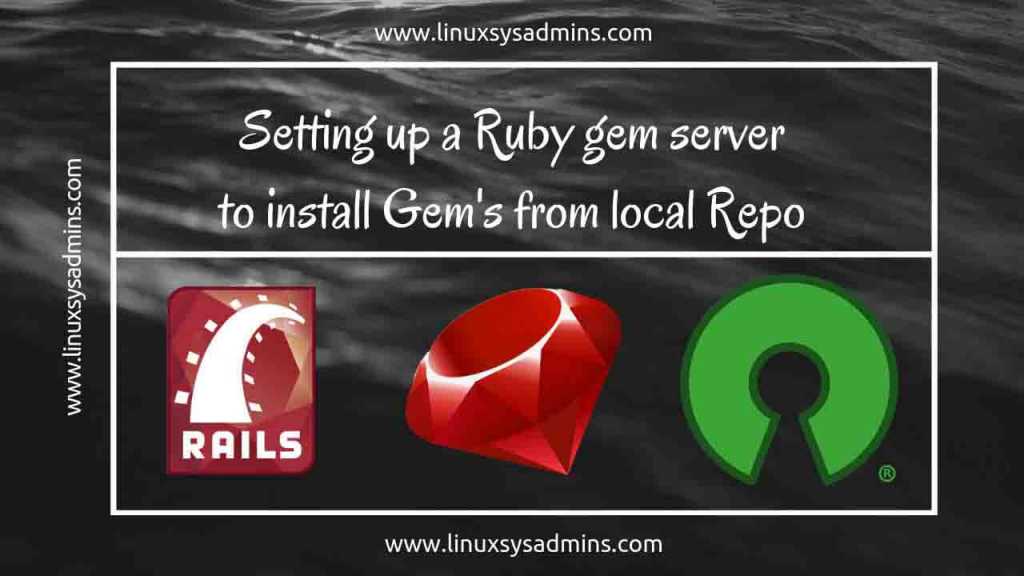By default Ubuntu 22.04 LTS Jammy Jellyfish enabled with netplan network configuration using YAML format. If you are comfortable with using nmcli we need to install Network Manager […]
How to Install and Configure Apt Cache Server On Ubuntu 18.04 LTS
Apt Cache Server available for Debian based Operating Systems and it helps to cache the packages installed with apt and saves a lot of bandwidth.
15 dpkg commands to Manage Debian based Linux Servers
dpkg is the package manager for Debian based Linux servers. We can manage an installed package in Ubuntu/Debian Linux server by using dpkg command.
How to install Android Studio 3.2.1 on Ubuntu 16.04 LTS/17.10/18.04 LTS
Introduction Hello, fellow Android enthusiasts, you can install “Android Studio” on Ubuntu 16.04/17.10/18.04 by not just one method we have multiple ways to install it. Android Studio is […]
Setting up a Ruby gem server to use locally
Introduction Installing gems for a Ruby deployment is a pain. It will take more than hours to download the required gems and docs. To save the time and […]
Recovering from Ubuntu dual boot issue | Chroot Ubuntu
To recover from a windows installation first we need to boot from LiveCD of Ubuntu if you installed with system 32-bit use 32bit Live CD If 64bit use […]
